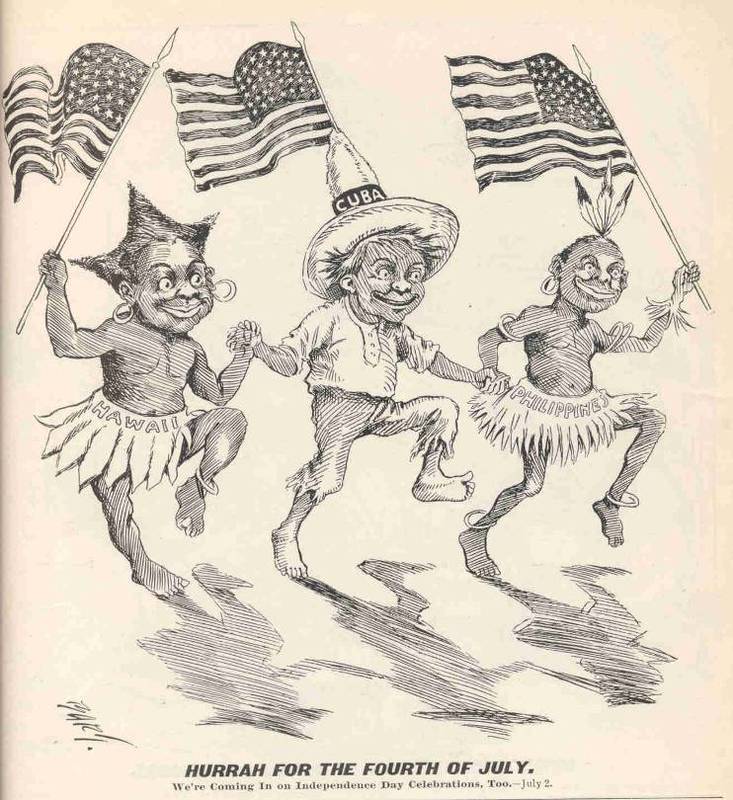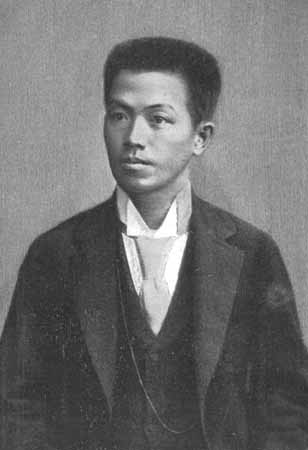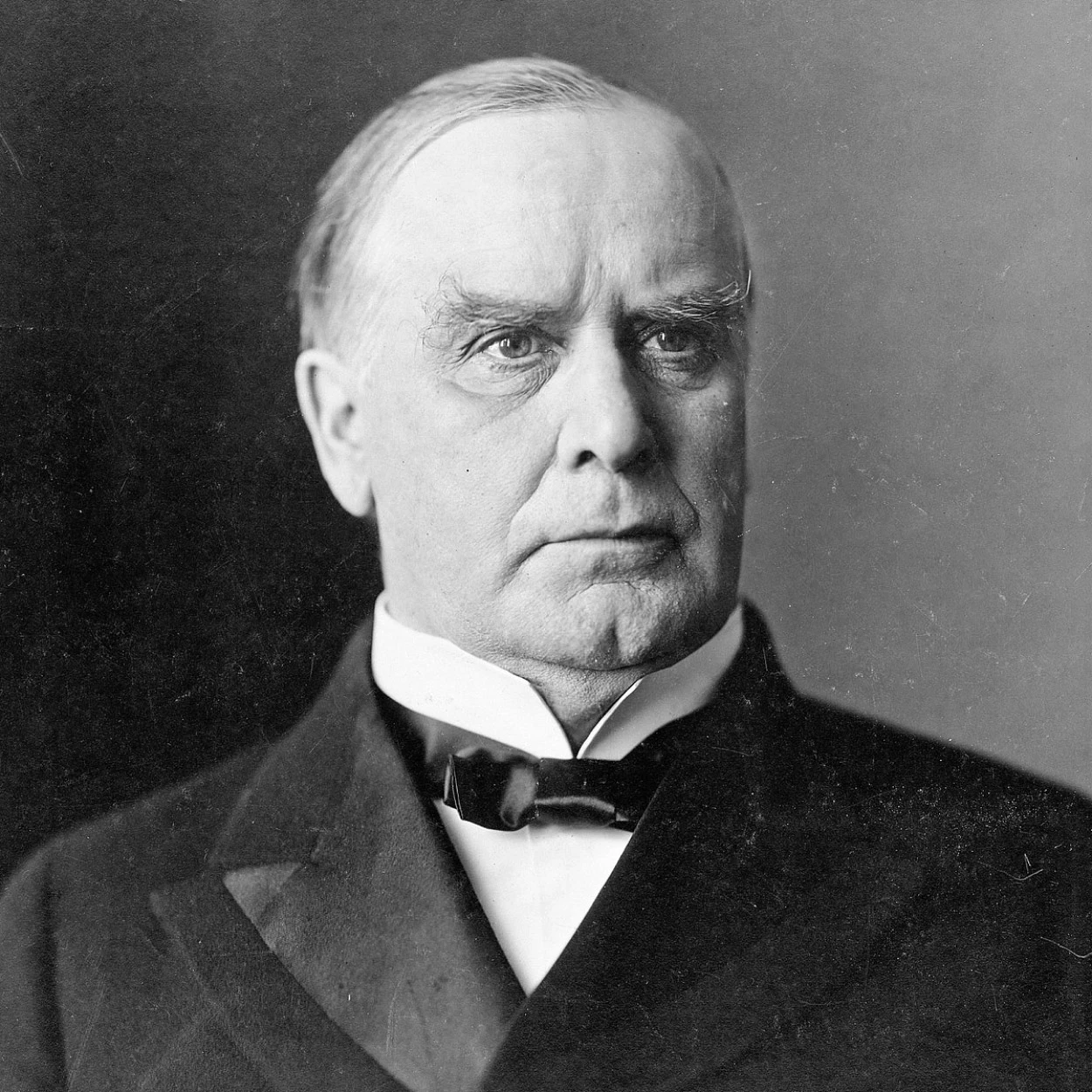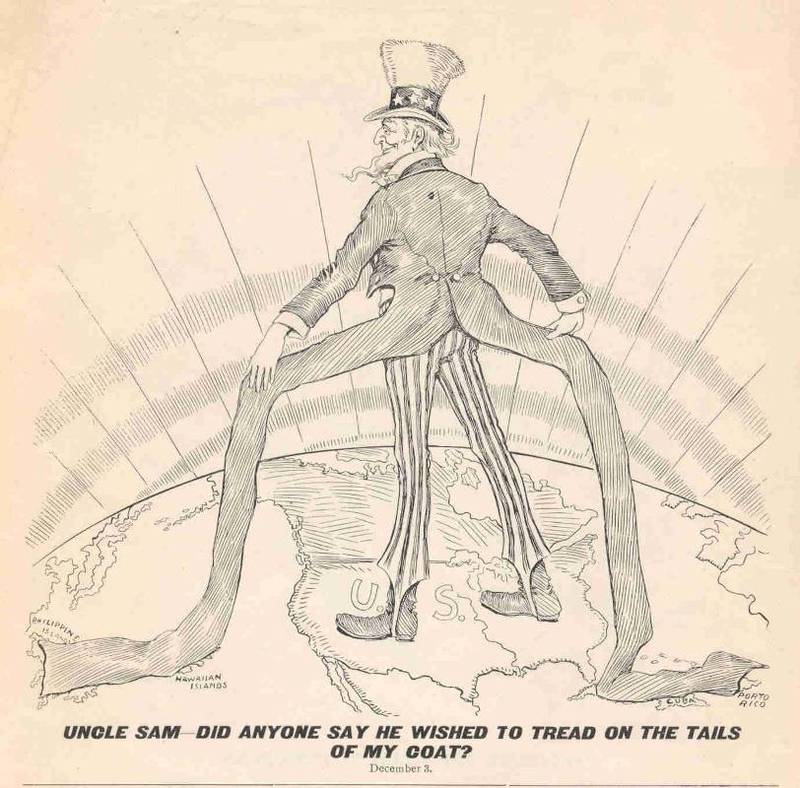The U.S. felt that in order to achieve economic prosperity, it was necessary to exploit Filipino resources and the Filipino population. Furthermore, the U.S. believed that Philippine occupation would allow it to secure dominance over the Asian trade market rather than its competing imperialistic powers.
This economic prosperity for the U.S. came at the expense of the Philippines, as the country remained dependent on foreign aid, mainly from the U.S., to support its economy. Moreover, the Philippines’ economy became reliant on natural resources for economic growth, making it more vulnerable to shifts in the environment.
"The Philippines give us a base at the door of all die East...No land in America surpasses in fertility the plains and valleys of Luzon. Rice and coffee, sugar and cocoanuts, hemp and tobacco...The wood of the Philippines can supply the furniture of the world for a century to come~ "
~Senator Albert J. Beveridge



